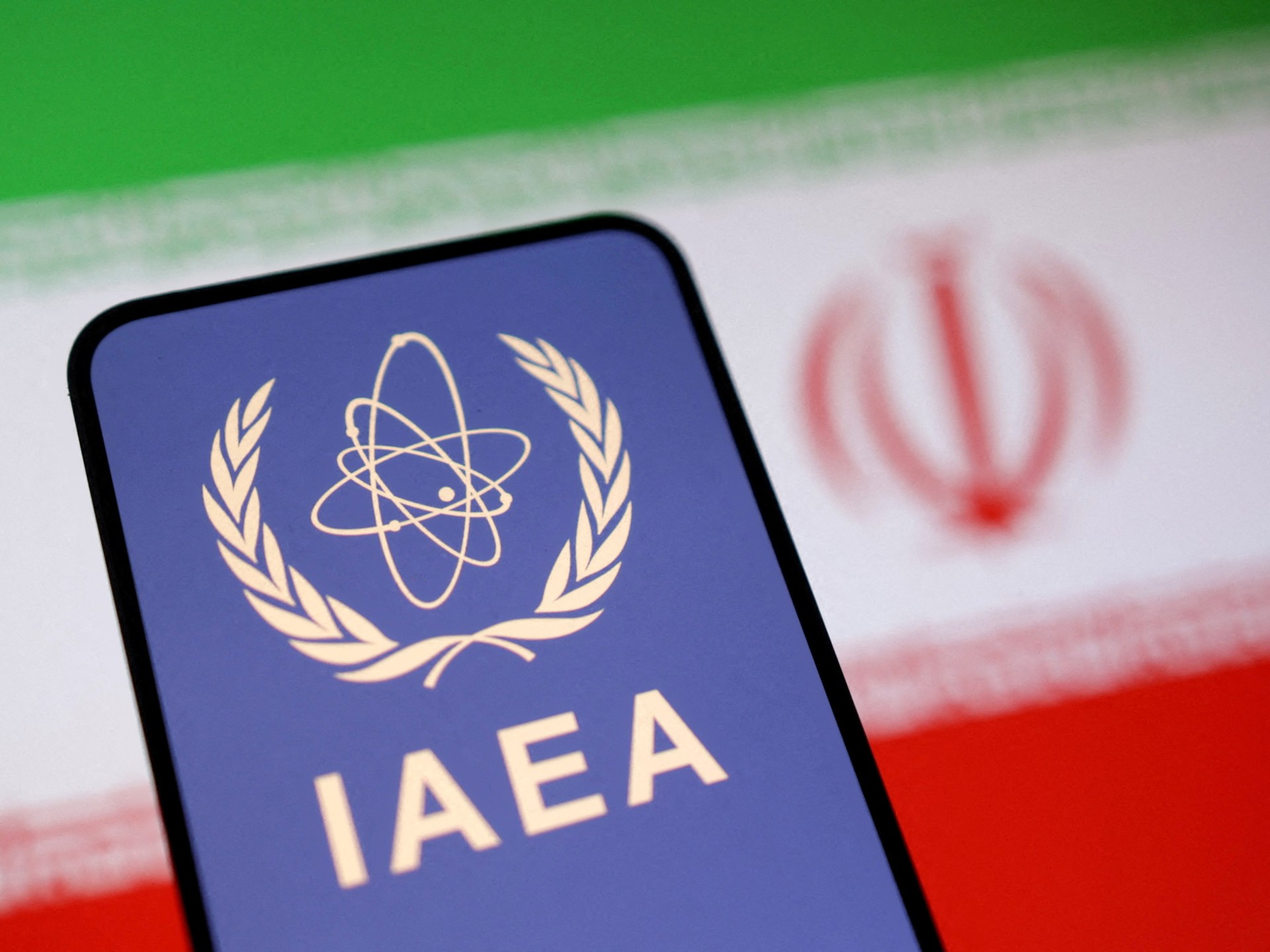IAEA Resolution Demands Iran Nuclear Access; Tehran Rejects & Threatens Action Amid Escalating Tensions
 Iran
International Relations
Iran
International Relations

The IAEA passed a resolution demanding Iran grant access to nuclear sites and information, which Tehran rejected, warning of consequences. Tensions are high aft
IAEA Demands Nuclear Access from Iran; Tehran Rejects and Threatens Retaliation
The International Atomic Energy Agency (IAEA) has adopted a resolution urging Iran to grant immediate access and provide comprehensive information concerning its nuclear program, a mandate rooted in existing UN resolutions. This decisive vote, held on Thursday, followed a renewed plea from Rafael Grossi, the head of the UN's global nuclear watchdog, for Tehran to permit inspections at crucial nuclear sites allegedly targeted by Israel and the United States in June.
Iran Deems Nuclear Cooperation "No Longer Relevant"
In a strong rebuttal, Iran declared that nuclear cooperation with the IAEA regarding the attacked sites is "no longer relevant." This comes after Israel initiated strikes on June 13, mere days after the IAEA cited Iran for non-compliance with its international nuclear safeguard commitments. Tehran has since accused the watchdog of inadvertently facilitating the 12-day conflict, which resulted in over 1,000 casualties and billions of dollars in damage across the nation.
The resolution, reviewed by Reuters, explicitly states, "Iran must… provide the Agency without delay with precise information on nuclear material accountancy and safeguarded nuclear facilities in Iran, and grant the Agency all access it requires to verify this information." Diplomats confirmed the resolution passed with 19 votes in favor, three against (from Russia, China, and Niger), and 12 abstentions.
Reza Najafi, Iran’s ambassador to the IAEA, warned reporters of impending consequences, stating, “I’m afraid the resolution will have its own consequences,” and promised that these would be announced later.
Inspection Challenges and Tensions Flare
Grossi acknowledged ongoing inspection efforts, yet lamented the inability to access the bombed locations. "We have performed a number of inspections, but we have not been able to go to the attack sites. I hope we will be able. Indeed, we have to go because this is part of Iran’s commitments," he articulated on Wednesday in Vienna, expressing hope for a constructive path forward.
However, Iranian Foreign Minister Abbas Araghchi firmly rejected any cooperation with the IAEA concerning the bombed sites. "We only cooperate regarding nuclear facilities that have not been affected, in compliance with IAEA regulations," he stated via Telegram.
Relations between Iran and the IAEA have consistently been fraught, intensifying significantly after the June conflict. Tehran has expressed considerable anger over the IAEA's reluctance to condemn the attacks. Since the war, inspectors have been denied entry to key facilities like Fordo and Natanz, which were impacted by the strikes, although access to other sites has been permitted.
Failed Agreements and Renewed Sanctions
An agreement between Grossi and Araghchi in Cairo in early September, aimed at resuming inspections, quickly lost traction. Later that month, the United Kingdom, France, and Germany—all signatories to the 2015 nuclear accord—triggered the return of UN sanctions, accusing Iran of breaching its commitments, a claim Tehran denies. This move provoked an angry response from Iran, leading to its halt in implementing the Cairo agreement.
The snapback mechanism revived six UN Security Council resolutions, reinstating economic sanctions and other restrictions against Iran's nuclear and ballistic missile programs, including a halt to all uranium enrichment.
Meanwhile, US President Donald Trump, who unilaterally withdrew the US from the 2015 Joint Comprehensive Plan of Action (JCPOA) in 2018 and imposed severe sanctions, suggested on Tuesday that Tehran was seeking a diplomatic resolution with Washington. "I am totally open to it, and we’re talking to them," Trump claimed, adding, "It would be a nice thing to have a deal with Iran." He concluded, "Something will happen there, I think."